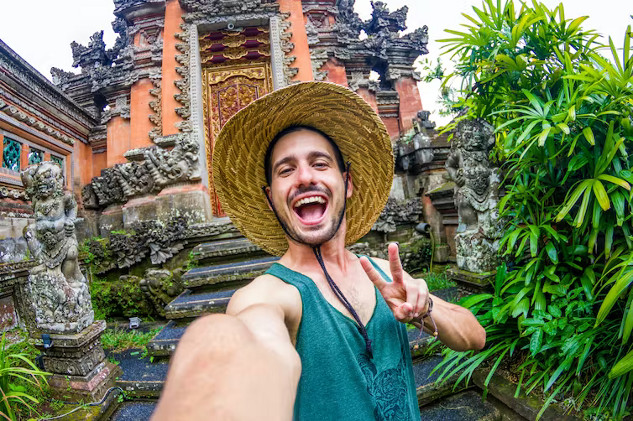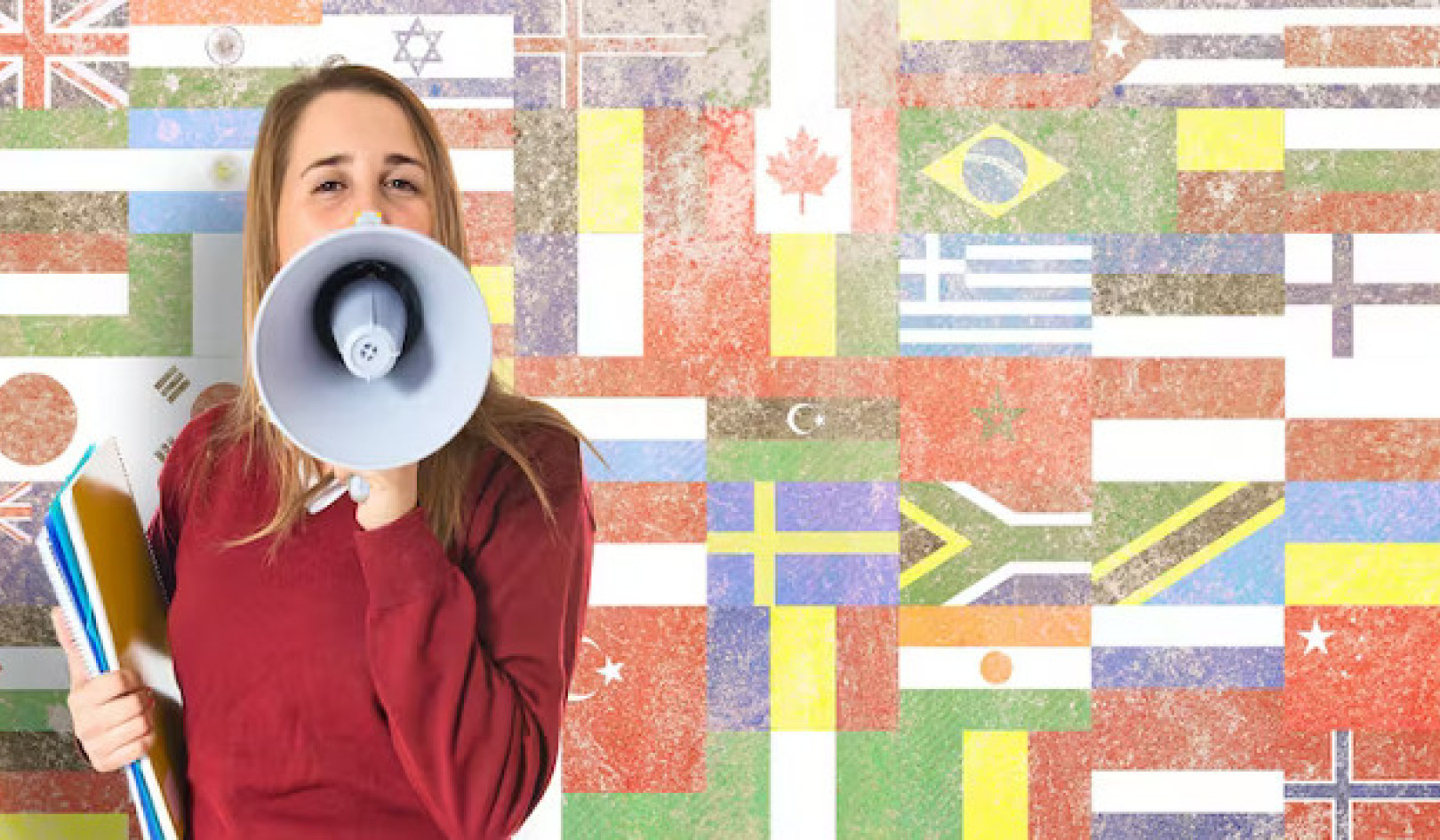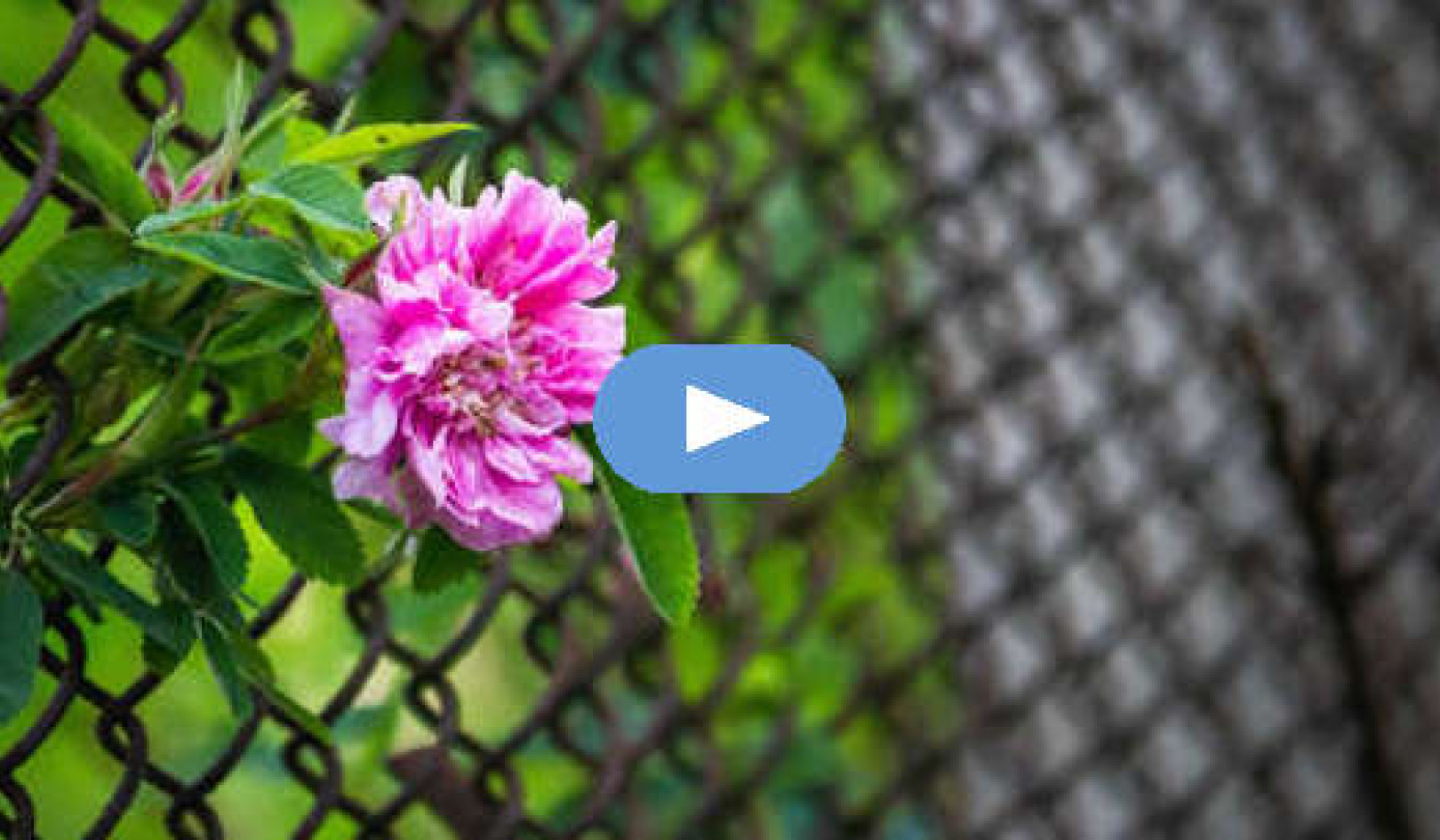Travel is back in full swing this summer, and so is bad behaviour by tourists.
Popular destinations have seen an uptick in incidents involving tourists in recent years. Reports of a man defacing the Colosseum in Rome shows that behaviour has deteriorated even in places that rarely had problems in the past.
What’s behind these abhorrent acts? One answer, my research shows, is social media. Instagram and TikTok have made it easy to find “hidden gem” restaurants and discover new destinations to add to your bucket list. But this democratisation of travel has had other consequences.
Because people now see their social media connections from their home environment travelling in an exotic location, they assume (consciously or not) that behaviour they ordinarily carry out at home is also acceptable in that holiday destination.
This is known as social proof, when we look to the behaviours of others to inform our own actions. People are likely to act more hedonistically while on holiday. Now, travellers also look to social media for proof of how others behave. If their peers from home are throwing caution to the wind while on holiday, this can cause a domino effect of bad behaviour.
I’ve identified other bad travel attitudes and habits that have emerged as a result of social media-driven tourism.
For example, the identifiable victim effect, which explains how people are more likely to sympathise with victims of tragedies when they know who those victims are. Because tourists are often sheltered in hotels and resorts away from local communities, they might (wrongly) think that travelling to a place far from home is an opportunity for consequence-free bad behaviour. They underestimate or ignore the effect their actions can have on locals or the economy.
The Instagram effect
When people travel to a beautiful place, the temptation to post photos and videos to social media is high. But, as I have argued, this creates a cycle that contributes to more self-indulgent travel.
First, tourists see their friends post photos from a place (revealed through geotags). They then want to visit the same places and take the same sorts of photos of themselves there. Eventually they post them on the same social networks where they saw the initial photos.
Being able to travel to and post about visiting the same places as one’s social group or online connections can be a form of social status. But it means that, in some cases, travellers will put more energy into creating content than they will to exploration, discovery or being respectful to local customs.
Hotspots respond
Bali is one destination with a reputation for social media-induced tourism. The photogenic island, replete with yoga retreats, is a huge draw for influencers.
In response to tourist misbehaviour, Bali introduced new guidelines for visitors in June 2023. These include rules about proper behaviour in the sacred temples, around the island and with locals, and respecting the natural environment.
Tourists now need a licence for motorbike rentals, and may not set foot on any mountain or volcano in Bali due to their sacred nature. Travellers must only stay in registered hotels and villas (which will impact a number of Airbnb properties). Bali has introduced a “tourist task force” to enforce the restrictions, through raids and investigations if necessary.
One new guideline is to not act aggressively or use harsh words towards locals, government officials or other tourists both while in Bali, or, notably, online. This speaks to the role of social media as part of the problem when it comes to bad tourist behaviour.
Other destinations have taken similar steps. Iceland, Hawaii, Palau, New Zealand, Costa Rica and others have adopted pledges for visitors to abide by local laws and customs. Campaigns like Switzerland’s No Drama, Austria’s See Vienna – not #Vienna, Finland’s Be more like a Finn and the Netherlands’ How to Amsterdam are aimed at attracting well-behaved tourists.
Where such efforts aren’t successful, some places such as Thailand’s famous Maya Bay have taken it further and fully closed to tourists, at least temporarily.
Travel respectfully
Remember you are a guest of the host communities when you travel. Here are some ways to ensure that you will be asked back.
1. Do your research
Even if you’re a seasoned traveller, you may not realise the impact your actions have on local communities. But a bit of information – from your own research or provided by local governments – might be enough to help you act more appropriately. Before you go, look up guidelines or background information on local cultural or safety norms.
Whether you agree with the customs or not is irrelevant. If it is a more conservative place than you are used to, you should be mindful of that – unlike the two influencers who were arrested for explicit behaviour in a temple in Bali.
2. Put down your phone…
Research shows that when travelling, people can become alienated from their surroundings if they are more focused on their devices than the destination.
Often the most memorable travel experiences will be when you have a meaningful connection with someone, or learn something new that you’ve never experienced before. That becomes harder if you’re constantly looking at your phone.
3. …or use your influence for good
In popular “Instagram v reality” posts, influencers are revealing the huge crowds and queues behind the most Instagrammable locations.
Showing the less-than-glamorous conditions behind those iconic shots could influence your own social media connections to rethink their personal travel motivations – are they just going somewhere to get the perfect selfie? Having more evidence of these conditions circulating online could lead to a larger societal shift away from social media-induced tourism.
If you have the urge to post, try to promote smaller businesses and make sure you are demonstrating proper (and legal) etiquette on your holiday.![]()
About The Author
Lauren A. Siegel, Lecturer, University of Greenwich
This article is republished from The Conversation under a Creative Commons license. Read the original article.

Related Books:
Atomic Habits: An Easy & Proven Way to Build Good Habits & Break Bad Ones
by James Clear
Atomic Habits provides practical advice for developing good habits and breaking bad ones, based on scientific research on behavior change.
Click for more info or to order
The Four Tendencies: The Indispensable Personality Profiles That Reveal How to Make Your Life Better (and Other People's Lives Better, Too)
by Gretchen Rubin
The Four Tendencies identifies four personality types and explains how understanding your own tendencies can help you improve your relationships, work habits, and overall happiness.
Click for more info or to order
Think Again: The Power of Knowing What You Don't Know
by Adam Grant
Think Again explores how people can change their minds and attitudes, and offers strategies for improving critical thinking and decision making.
Click for more info or to order
The Body Keeps the Score: Brain, Mind, and Body in the Healing of Trauma
by Bessel van der Kolk
The Body Keeps the Score discusses the connection between trauma and physical health, and offers insights into how trauma can be treated and healed.
Click for more info or to order
The Psychology of Money: Timeless lessons on wealth, greed, and happiness
by Morgan Housel
The Psychology of Money examines the ways in which our attitudes and behaviors around money can shape our financial success and overall well-being.

 DavideAngelini/Shutterstock
DavideAngelini/Shutterstock



















